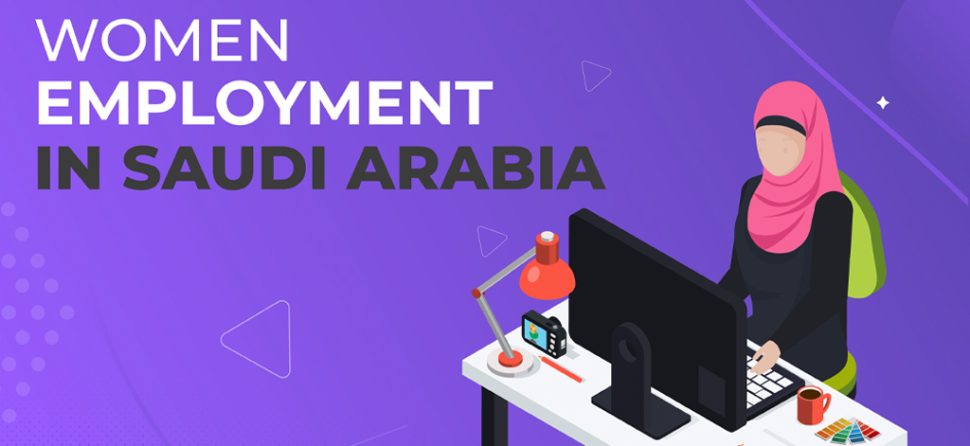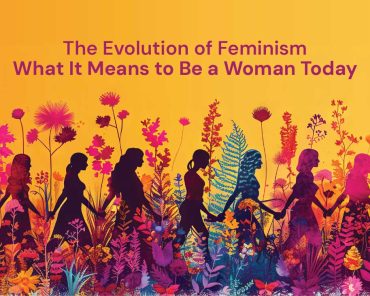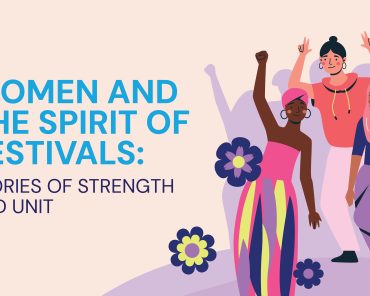By ayoti
Women’s Empowerment in Saudi Arabia
The Vision 2030 reform plan for Saudi Arabia is centred on the upliftment of Saudi women, with ambitious social and economic objectives that include raising the women’s economic participation percentage from 17 to 25 per cent this year.
Saudi Arabian women have benefited from several reforms since the introduction of Vision 2030 in April 2016—among other advancements, and they can now drive.
The Kingdom implemented reforms aimed at encouraging women’s participation in economic development. These included equalising the legal age for men and women, banning discrimination based on gender in terms of pay, occupation, work setting, and hours, and allowing women to incorporate and engage in commercial activity without requesting permission.
- Right to Drive
At midnight on June 24, 2018, a royal edict allowing Saudi Arabian women the right to driver’s licences went into effect, making it legal for them to drive.
According to the Saudi Ministry of Labor and Social Development, the policy’s effects may be observed in the decrease from 1.4 to 1.3 million non-Saudi household drivers at the end of 2018, which was once one of the main ways women travelled.
- Access to Sports
In the same year, Saudi Arabia opened up its traditionally male-only sports arenas to women and children by allowing families entry for the first time.
This action is consistent with Vision 2030’s goals for the growth of entertainment and sports for both men and women. Abdulaziz bin Turki al-Faisal, Saudi Arabia’s minister of sports, claims that female involvement in sports has increased by 149% since 2015.
- First Female Ambassador
In February 2019, Princess Reema bint Bandar bin Sultan al-Saud was named the Kingdom’s first female ambassador to the United States with a ministerial title by royal proclamation.
Princess Reema’s admission to the organisation was authorised during its 136th session, and she was subsequently elected as an IOC member in July 2020. Since then, the Kingdom has expanded the role of women in the diplomatic community by appointing six women as cultural attachés.
- Freedom to Travel
On August 2, 2019, Saudi Arabia issued new rules that, unlike the prior requirement, now permit women above the age of 21 to apply for passports and travel without a male guardian’s permission.
Other amendments to the decrees allowed women to create legal family documents and record marriage, divorce, and childbirth. It also states that a child’s legal guardian may be either the mother or the father.
- The rise in Female Employment
The goal of Vision 2030 is to give 1 million women work. More Saudi women participated in the labour force, from 25.9% in the first quarter of 2020 to 31.4% in the second.
The percentage of women who are unemployed has declined by 13.9% in the Kingdom over the past four years.
- Right to Serve in the Military
Women were allowed to work in security services for the interior ministry, criminal investigations agencies, security patrol, and pilgrimage protection in February 2018.
The Kingdom allowed women to join the military services in October 2019, stating that they might hold positions as high as private first class, corporal, or sergeant.
- Riyadh named as ‘Capital for Arab Women 2020’
2020 marks the designation of Riyadh as the “Capital for Arab Women” in Saudi Arabia. The Arab Women’s Committee presented the honour at its 39th session, which was held in the nation’s capital and had the theme “Women are a homeland and an ambition.”
Women Entrepreneurship on the Rise
Women are being given new opportunities for leadership and economic empowerment, according to Vision 2030. In Saudi Arabia, more women are starting and running small and medium-sized businesses (SMEs). Over the past ten years, the proportion of female entrepreneurs has climbed by more than 35%, making up over two-fifths of all business owners in 2017.
In an interview with HKTDC Research, Alhanoof Alzahrani, co-founder of Scopeer, Saudi Arabia’s first crowdfunding platform, highlighted her joy and confidence about the expanding opportunities for Saudi women in the business world.
Numerous projects and programmes have been created nationwide to encourage and support young Saudi women entrepreneurs. To lessen the administrative burden on SMEs, the General Authority of Small & Medium Enterprises (Monshaat) has implemented a credit guarantee scheme and legislation.
Under the Badir Technology Incubators and Accelerators Program, workshops and training programmes are also provided to encourage an entrepreneurial mindset among female university students.





